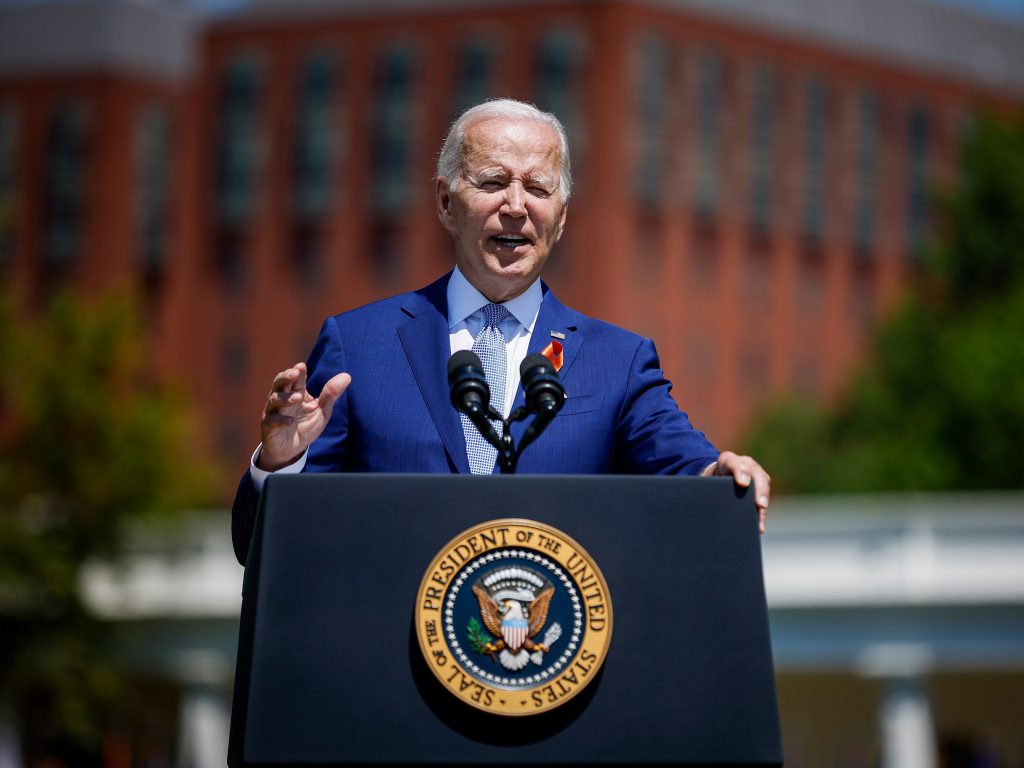- House Republicans on the education committee criticized Democrats for supporting loan forgiveness.
- They said it "makes no logical sense" to continue disbursing loans after any relief.
- Biden is likely to announce broad relief before loan payments resume in September.
Republican lawmakers aren't pleased that Democrats are supporting President Joe Biden's broad student-loan forgiveness plans.
During a House education subcommittee hearing this week on tribal colleges and universities, some Republican lawmakers on the committee used the time to criticize Democratic lawmakers for failing to hold a hearing to fix "the spiraling student-loan catastrophe," as subcommittee Republican leader Mariannette Miller-Meeks put it. Following the hearing, Democratic Rep. Leger Fernandez said that the "minority has decided to hijack this hearing to score political points about student loans."
The Republicans on the committee later responded in a blog post, slamming Democrats' student-loan relief plans.
"Republicans understand something Democrats, evidently, do not: America's wealthiest, who can pay their own loans, do not need a handout from taxpayers. These policies are unfair to those who have already paid back their loans or never even went to college," they wrote, adding that "forgiving the loans of students and graduates today, but handing out more loans tomorrow, makes no logical sense. But logic has never been Democrats' strong suit."
Biden is nearing a decision on broad student-loan forgiveness for federal borrowers, and he's reportedly considering $10,000 in relief for borrowers making under $150,000 a year. With student-loan payments set to resume on September 1, a White House spokesperson confirmed to Insider that the president is still hoping to announce any broad relief before that date. While Democratic lawmakers are hoping the relief will be expansive without any thresholds, Republicans do not want to see any relief at all and accused Democrats of keeping "their heads in the sand as President Biden steamrolls Congress to grant mass student loan forgiveness."
They have frequently used the argument that canceling student debt will benefit the wealthiest, rather than those who need the relief the most, and have said that addressing tuition costs is more important than debt forgiveness. Democrats and left-leaning experts have pushed back on that, with a report from the Roosevelt Institute last year finding that 61% of students with incomes of $30,000 and under who began college in 2012 graduated with student debt, compared to the only 30% of students with incomes $200,000.
For now, it's still unclear what Biden will actually decide to do when it comes to broad relief. Under Secretary of Education James Kvaal said in a recent interview that the issue is more complicated than it might seem and "it's not a question of yes, you have the authority or no, you don't have the authority, there's a lot of hoops we have to go through." The department has maintained that regardless of relief, borrowers should still prepare to resume payments in just over a month.










